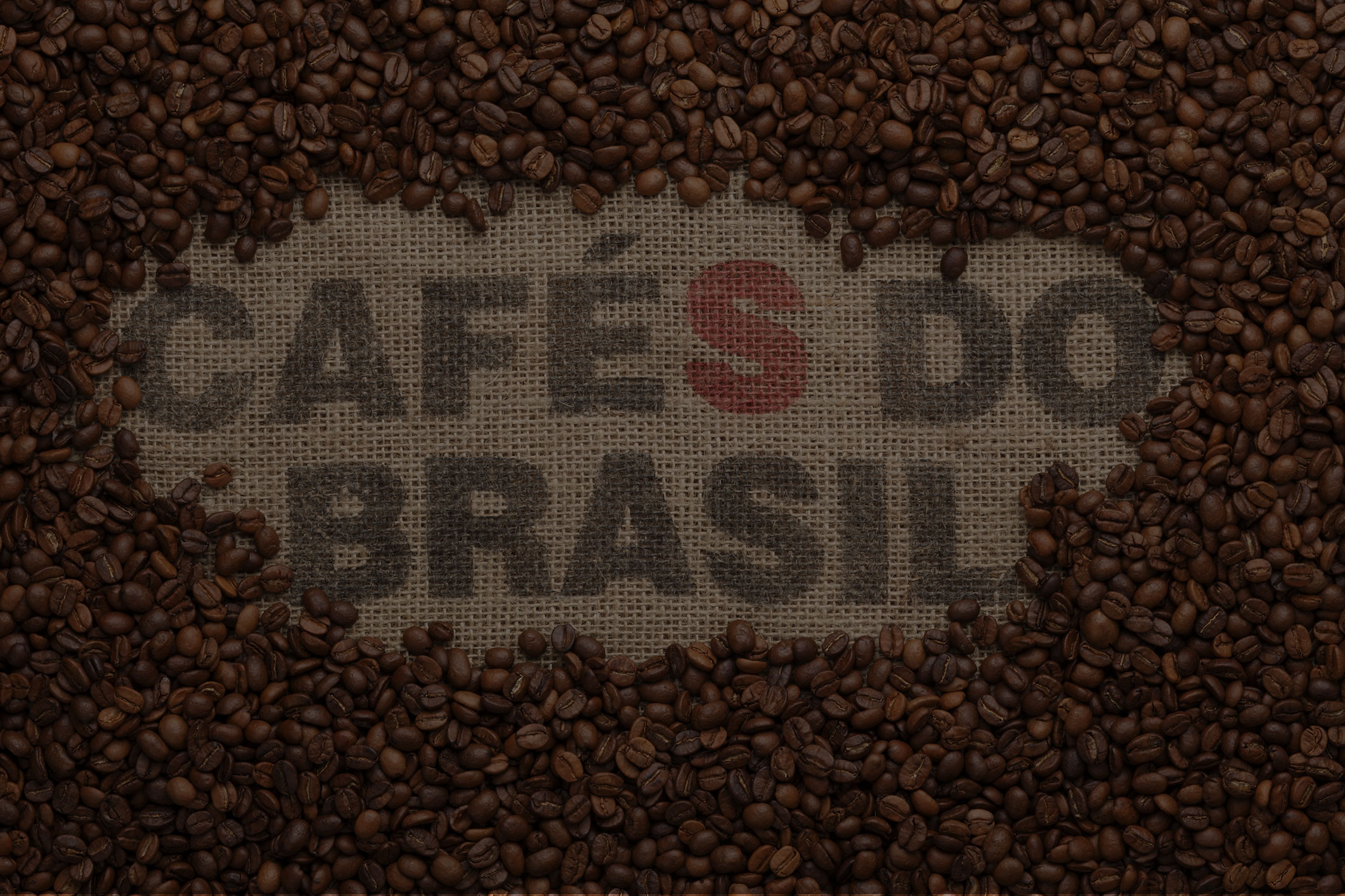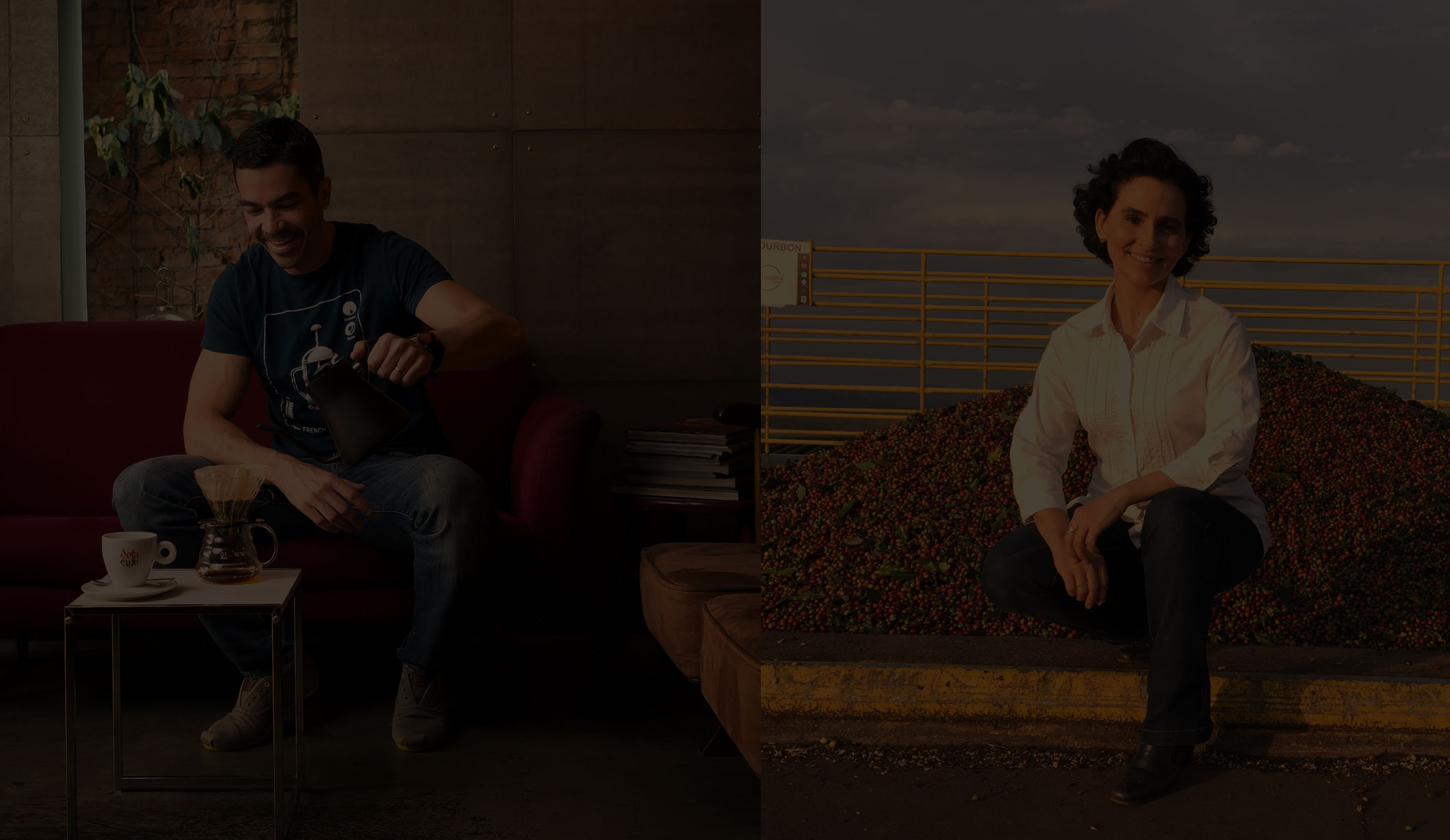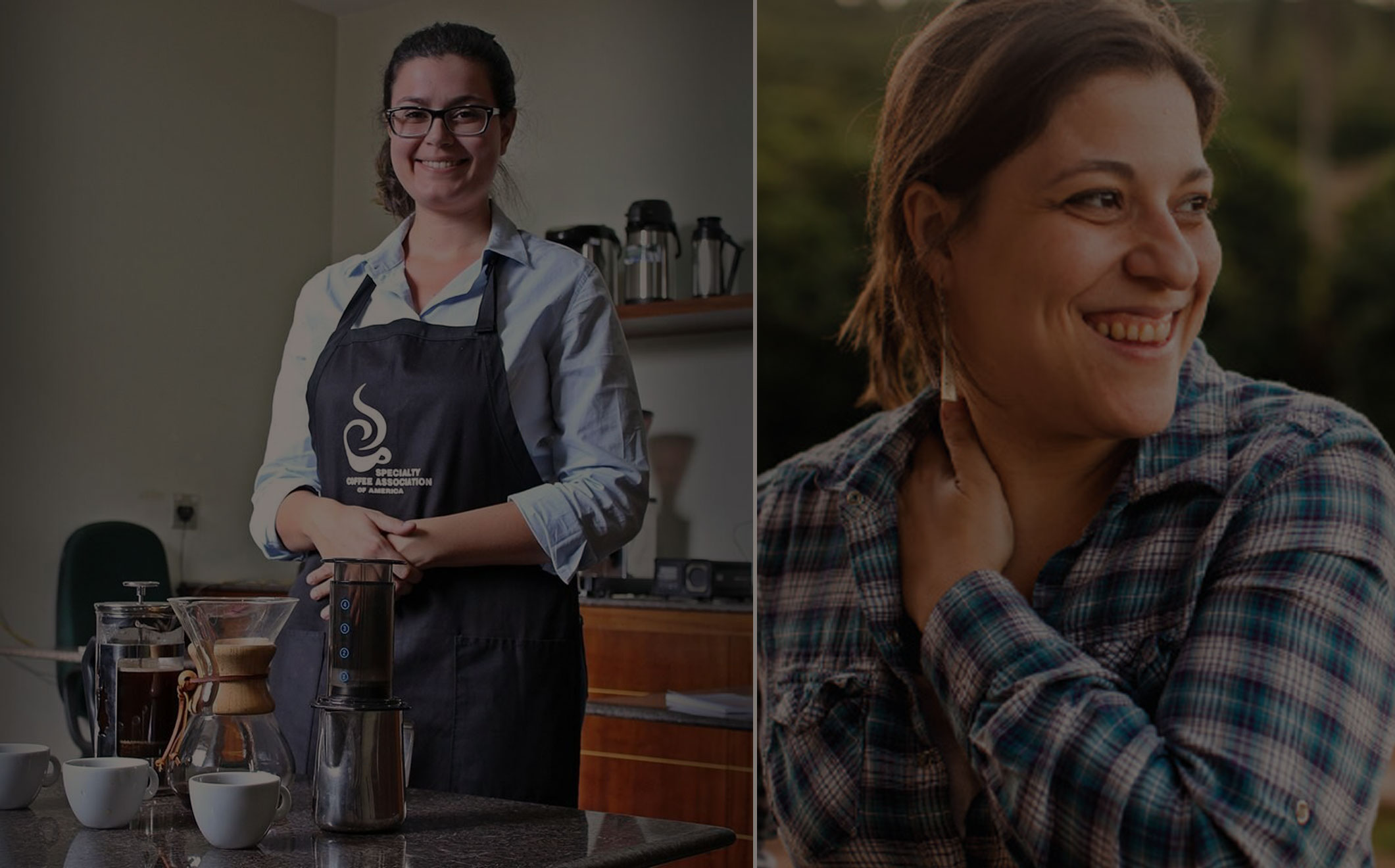Does Brazil produce washed coffee? True or False?! Can coffee machinery emphasize quality?
These and other common doubts about Brazilian coffee will be answered in this episode with our guest Carlos Brando, the P&A International Marketing business partner.
Guest:
Carlos Brando, P&A International Marketing business partner
RESUMO
Café de Santos não existe! Isso pode parecer ríspido, mas alguns equívocos devem ser esclarecidos direto ao ponto. Poucos sabem que essa é apenas uma nomenclatura usada no passado para os cafés que saem do Brasil pelo porto de Santos.
O Brazil produz café lavado (tem gente lá fora que pensa que não)? Maquinário na lavoura e pós colheita podem enfatizar qualidade? Esta e outras dúvidas comuns fora do Brasil serão esclarecidas no episódio de hoje com o sócio da P&A Marketing Internacional, Carlos Brando.
Podcast: Play in new window | Download




Comentários